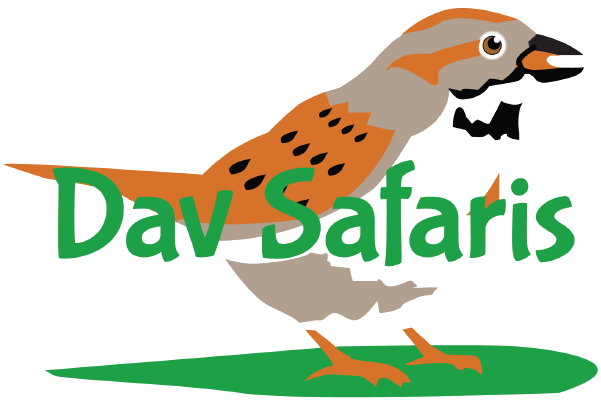Uganda is a multi-cultural state with a dynamic social-cultural setting basing on the various numerical tribes distributed across the landmass of 240000km2 the country occupies. The name of Uganda was derived from the ancient Kingdom of Buganda by the British colonialists, the British merged 56 ethnic communities across 5 regions to form current Uganda. These communities include the historical agriculturists and the pastoralist and they are conveniently fragmented by 4 broad linguistic blocks such as the Bantu who occupies mostly the central, west and some eastern part of Uganda, they constitute over 50% of the total population, bantu communities includes the Might baganda, ankole, basoga, banyoro, Bakiga among others. The second group are the Luo communities who occupy mostly the northwest and some other northern parts of the country, these are practically identified by their aggressive nature and by their common Luo language. The third category is the Atekerin people. This group is variously referred to as the Nilotics, or the Nilo- Hamites. These people occupy the north, the east, and northeastern Uganda. The group is identified presently by the Langi, Karamajongs, Iteso, the Kakwa, and the Kumam. The final category is the Sudanic ethnicity of West Nile. This group constitutes the Madi, the Lugbara, the Okebu, the Bari, and the Metu. While on your safari adventure in Uganda depending on your choice of the itinerary you will encounter various cultural and traditional experiences such as,
The Baganda cultural trail, this adventure starts with your first foot in Uganda because they are concentrated in the central part of the country where Kampala city and Entebbe airport are located. The Baganda kingdom trail will give you a glimpse of their traditional beliefs and background, their leadership helm at the kabaka’s(king’s) place, their role in forming present-day Uganda, and many more.
Cultural encounter along the shores of Mountain Elgon National park, there are various communities around Mount Elgon national park and these include the Gishu community, they refer to the mountain their founding father and hey distinguished by their common Imbalu ceremony termed as the compulsory pealing or circumcision of the foreskin on the teenage males’ private part with the myth that it is way someone joins the manhood and our visitors always have a chance to associate, observe and enjoy this unique traditional cultural belief. The Gishu also comes along with the experience of the Sabiny tradition, where you get to meet the Sipi widows group who lost their husbands in the past wars for a traditional and dance, the community around involves farmers there you will have an expedition about coffee growing, picking, grinding, washing, storing and many more.
Cultural encounter in Kidepo valley National Park: on this, our guests visit the neighboring communities including the Karamojong village which is the most interesting group with the true African touch kind of lifestyle of people who are warrior nomads participate in hand to mouth cattle rearing and small scale farming. They base their livelihood in an arid region which distinguishes them from other communities. They are close relative to the Maasai. They tend to construct temporary houses called manyata all compacted in the same place surrounding their kraals this gives a stunning view. You will get to see a lot such as traditional knives, stools, dress code, beads, spears, bows and arrows, art, and many more. this adventure also gives a glimpse to another amazing community of the IK people, take around 8 hours from your overnight lodge to arrive at this community, this means that your need an early morning walk to trek up into the Morungole mountains to visit the IK people who are the original tribes in the northeast of Kidepo valley national park.
The Batwa pygmies’ community; The Batwa pygmies are the first occupants of the west harm
Cultural Encounter In Uganda With Dav Safaris
Cultural Encounter In Uganda With Dav Safaris
Recent Updates
- How to Plan a Gorilla and Chimpanzee Trek in UgandaJuly 25, 2022
- Cultural activities in the surroundings of Kibale National ParkJuly 22, 2022
- Avoid these common mistakes when reserving permits for golden monkeys in Uganda and RwandaJuly 21, 2022
- Where to Spot Giraffes in UgandaJuly 19, 2022
- Why going on a gorilla trek in the off-season is preferableJuly 15, 2022
- Flying gorilla safari to Bwindi Impenetrable National Park, Buhoma Sector During Holiday SeasonJuly 13, 2022
- Mistakes To Avoid When Booking Chimp Habituation PermitsJuly 13, 2022
- 7 Things you should not miss on a safari in East AfricaJune 24, 2022
- What to consider when planning a honeymoon in UgandaFebruary 21, 2022
- Gorilla Tracking SafarisJanuary 31, 2022
- Cultural And Community Tours In UgandaJanuary 31, 2022
- Sport fishing in UgandaJanuary 31, 2022
- Chimpanzee Trekking And Primate Walk In UgandaJanuary 30, 2022
- What is the best place to see Gorillas in Africa?January 30, 2022
- Prepare For the Birding Safari in RwandaJanuary 30, 2022
- Mabamba swamp Tour in UgandaJanuary 30, 2022
- Gorilla Trekking Tour In UgandaJanuary 30, 2022
- Game Drives In UgandaJanuary 30, 2022
- Boat Cruise In UgandaJanuary 30, 2022
- What to prepare For A family safari in UgandaJanuary 30, 2022
- Mountain Climbing And Hiking In UgandaJanuary 30, 2022
